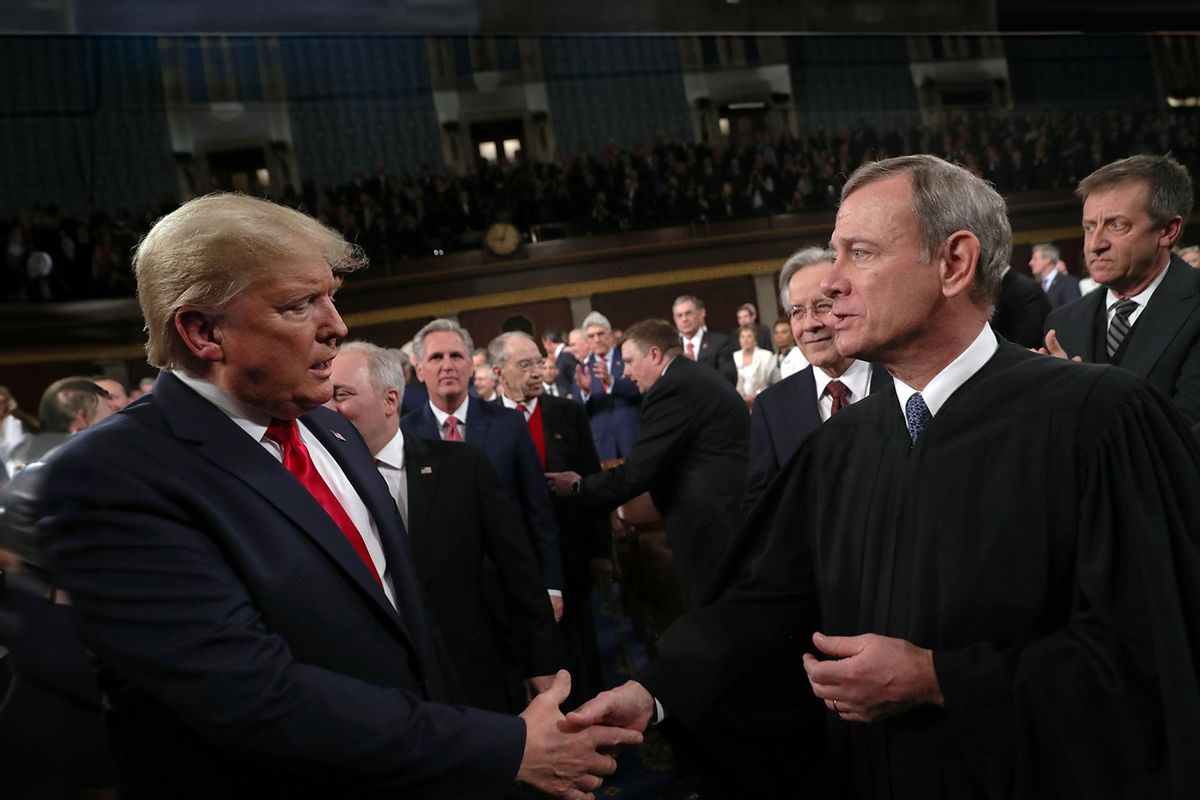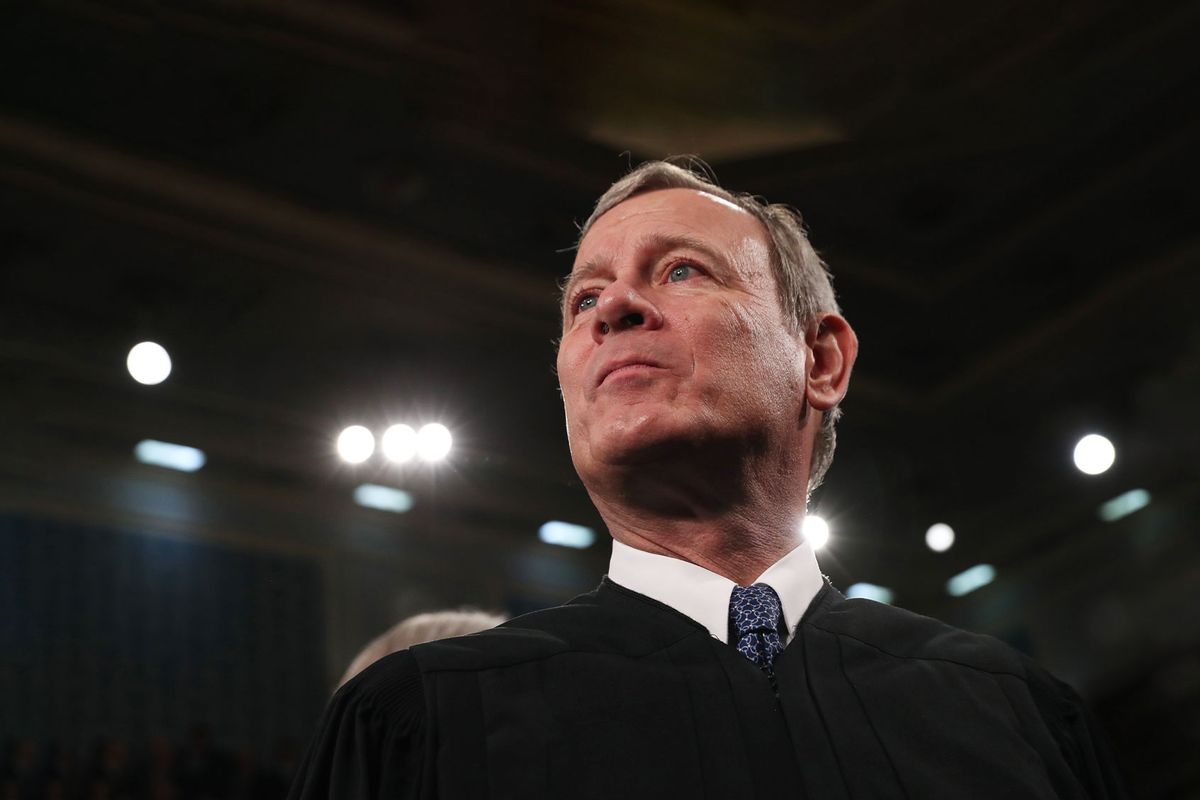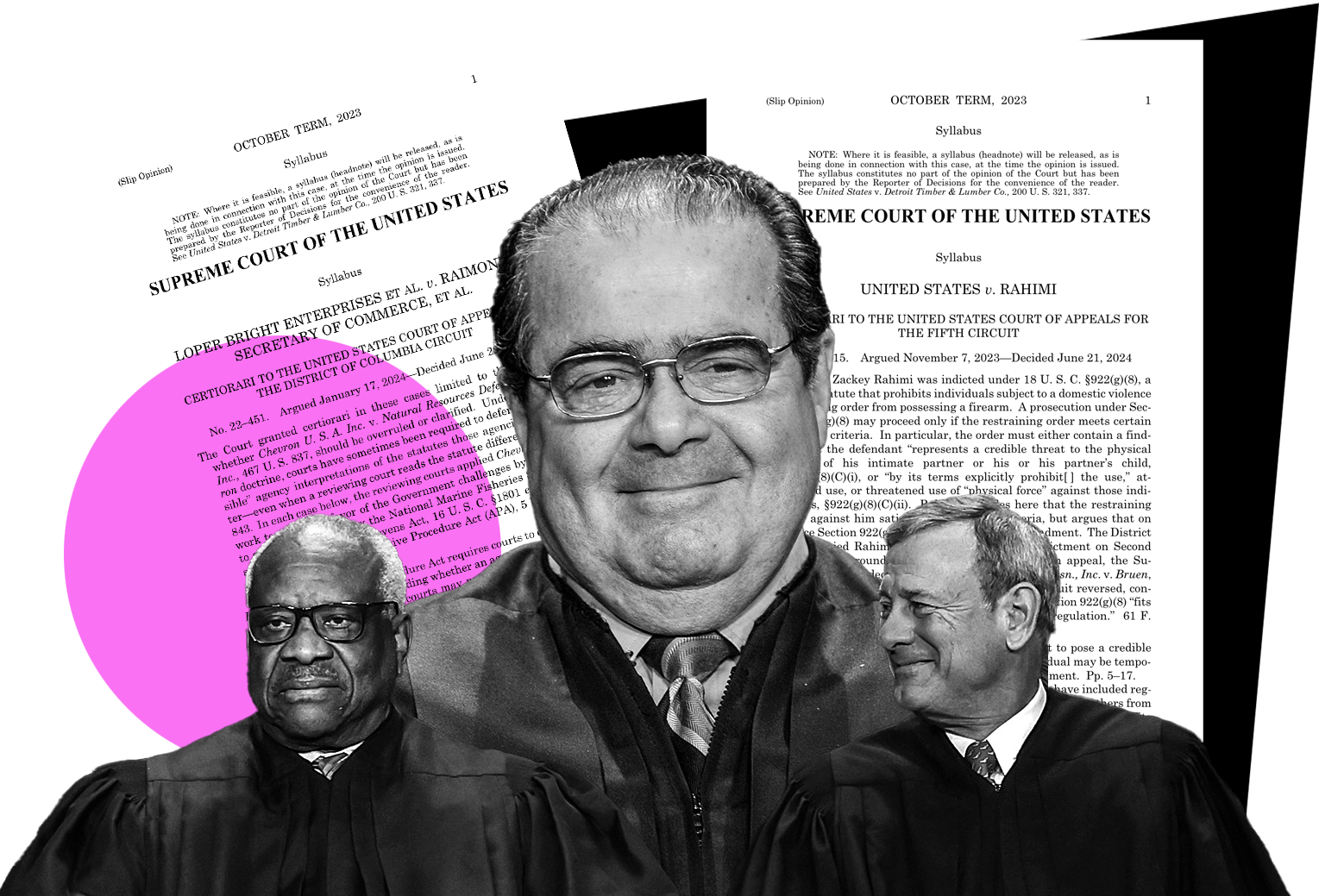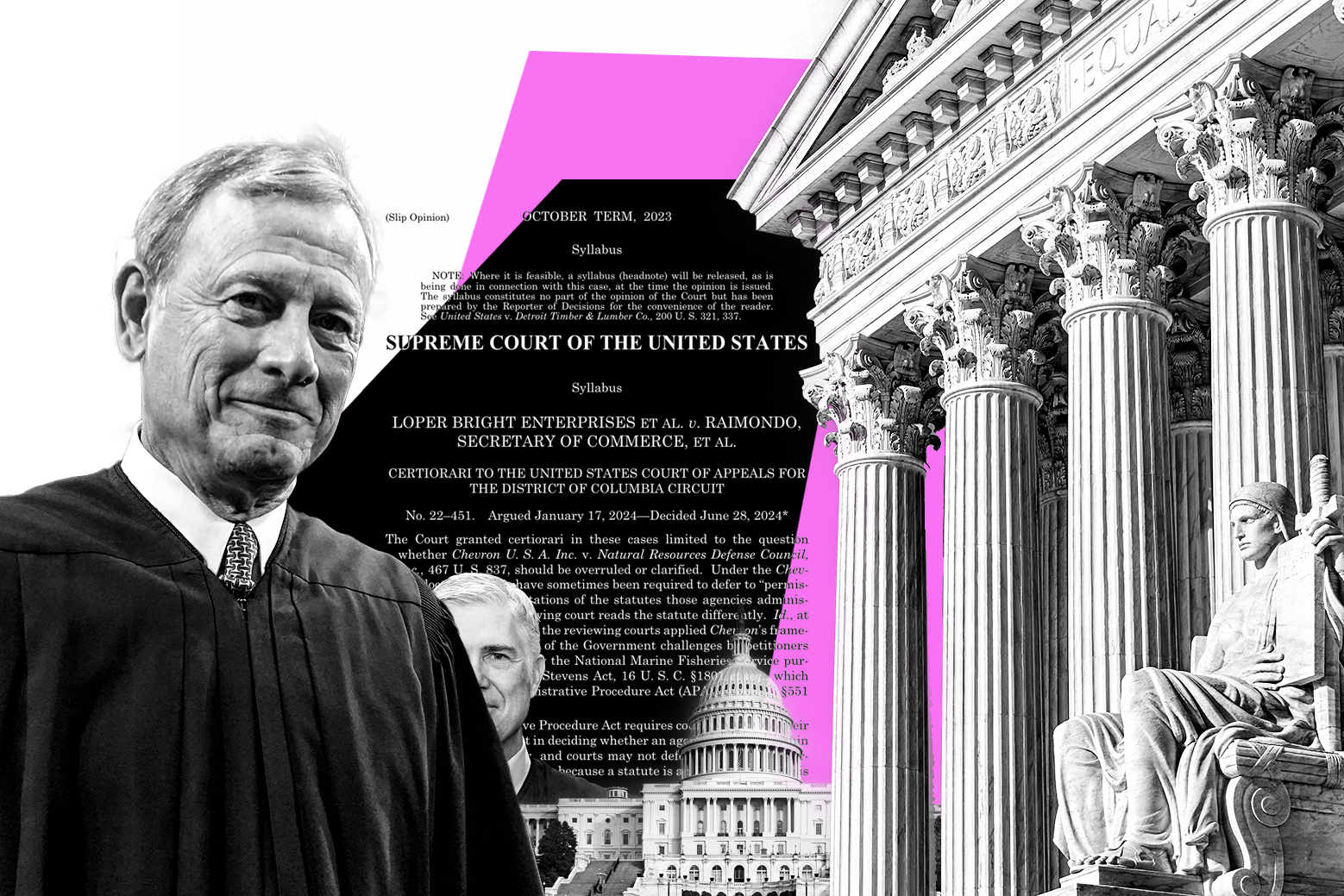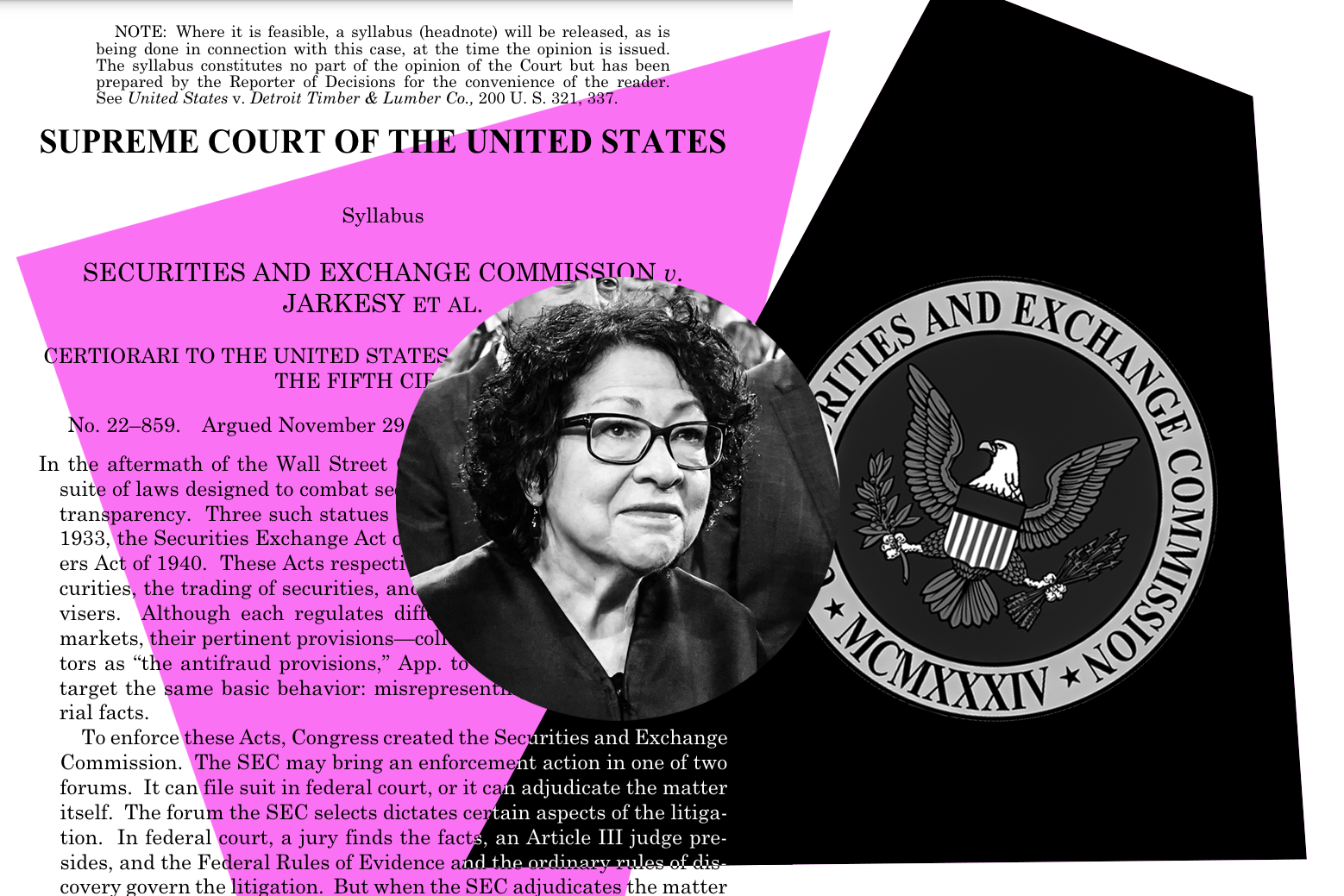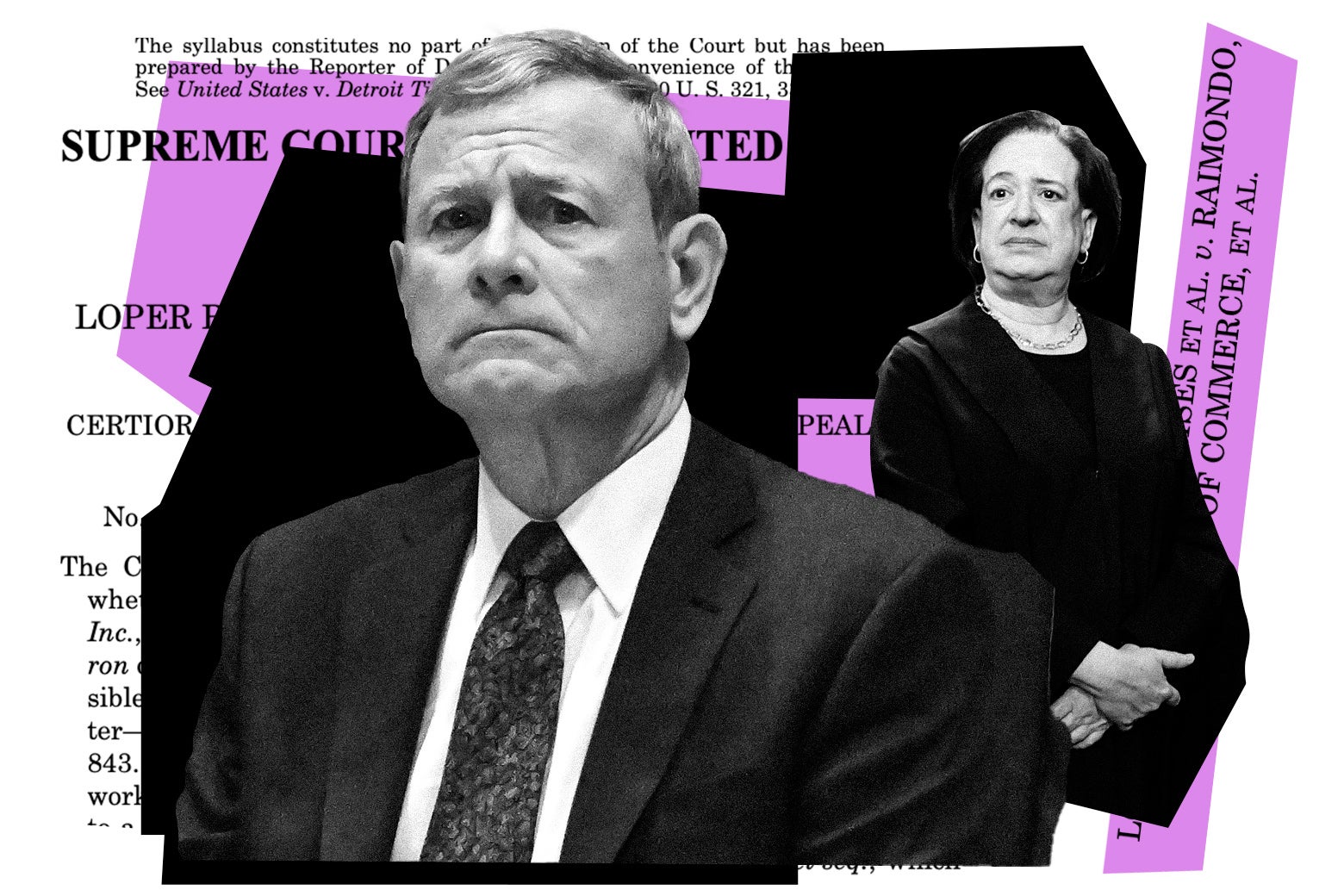
John Roberts Just Delivered a Big Gift to Billionaires
SlateThis is part of Opinionpalooza, Slate’s coverage of the major decisions from the Supreme Court this June. The court’s decision in Loper Bright, for instance—the so-called Chevron case—overturned 40 years of administrative law precedent in order to hobble government agencies attempting to regulate everything from food safety to air travel to the environment. In her dissent, Kagan writes: “In one fell swoop the majority today gives itself exclusive power over every open issue, no matter how expertise-driven or policy laden, involving the meaning of regulatory law.” And then, in a gut punch of a sentence, she adds: “As if it did not have enough on its plate, the majority turns itself into the country’s administrative czar.” I hear an echo there of Kagan writing in a 2019 case where she warned us that if this incredibly narrow view of agency authority were to be allowed to prevail, “most of government is unconstitutional.” I’d love for you to explore this theme of judges as free-range administrative czars—which we saw in the Ohio EPA case, and in the bump-stock case. Lithwick: Is one of the fixes—assuming we can’t do structural court reform in the next five minutes—that Congress could codify Chevron again by just rewriting the Administrative Procedure Act? Lithwick: Mike Podhorzer made the good point, when Loper Bright came down, that there is this intimation that this is a huge power shift away from federal agencies, away from Congress and into the lap of the court—but when the courts grab power away from the regulatory agencies, the big winner isn’t just the courts.
History of this topic

Supreme Court ruling considered right-wing win set to backfire on Trump
Raw Story
The Supreme Court just ended ‘Chevron.’ What does that mean and how far will its impact reach?
The Independent
Supreme Court Power Grab Overturns 40-Year Precedent In Huge Win For Corporations
Huff Post
US Supreme Court weakens federal regulators in boost for business
Al Jazeera
Chevron SCOTUS Case Holds Hints For Second Trump Presidency
Huff Post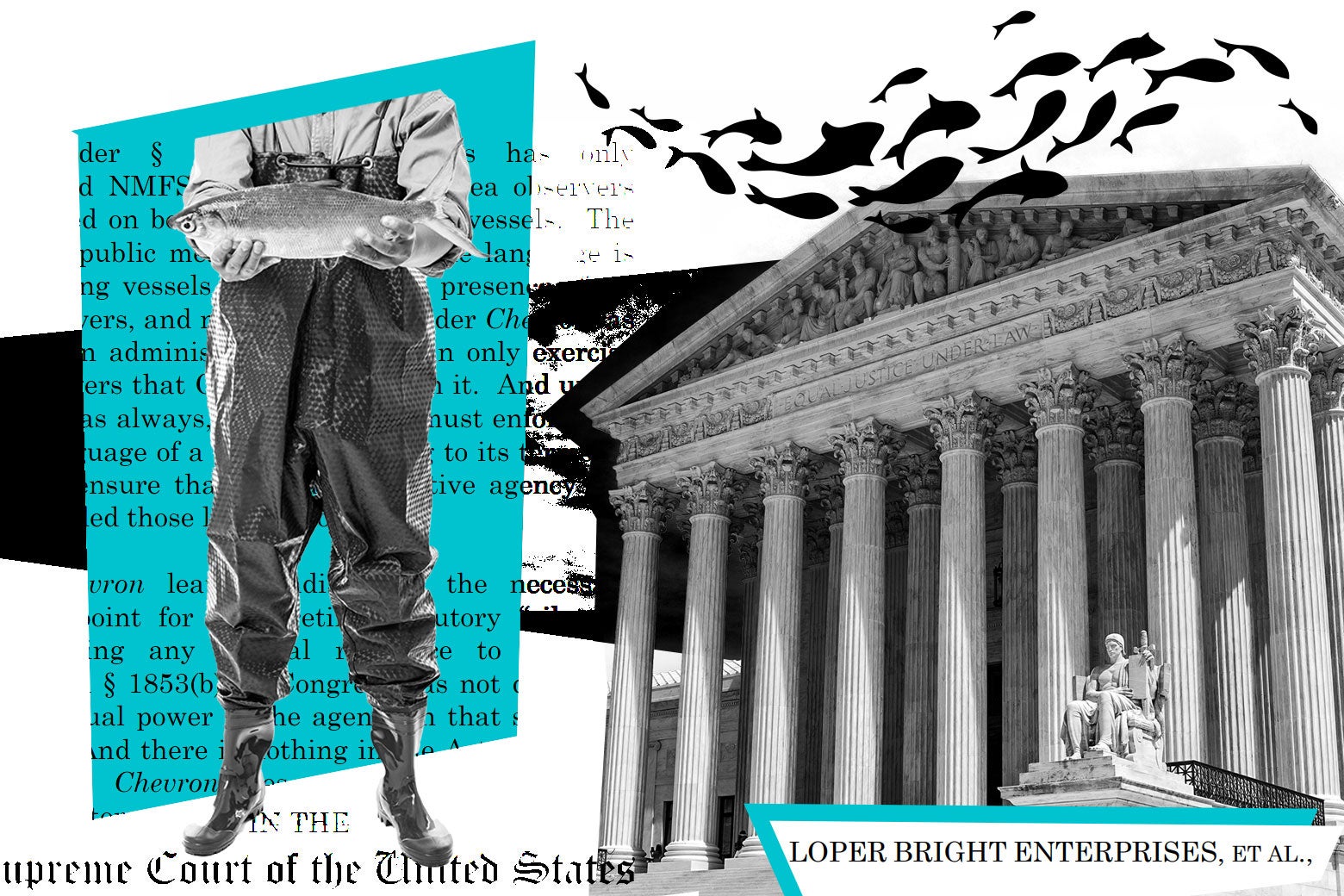
The Supreme Court Is About to Seize Way More Power From Democratic Presidents
Slate
Opinion: If the Supreme Court kills the Chevron doctrine, corporations will have even more power
LA TimesDiscover Related














